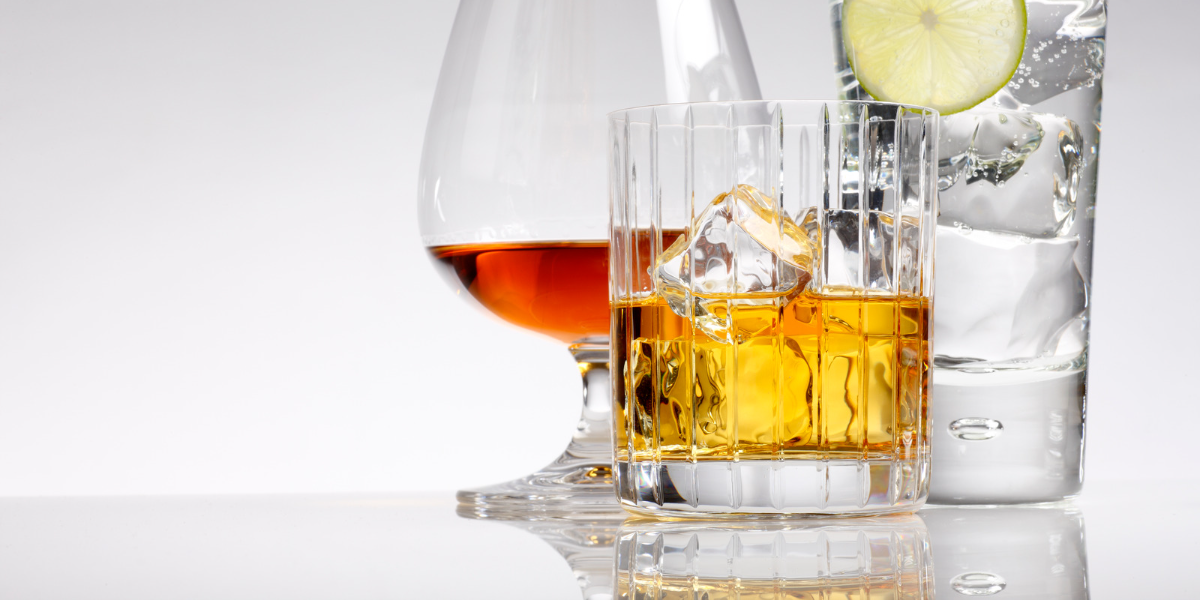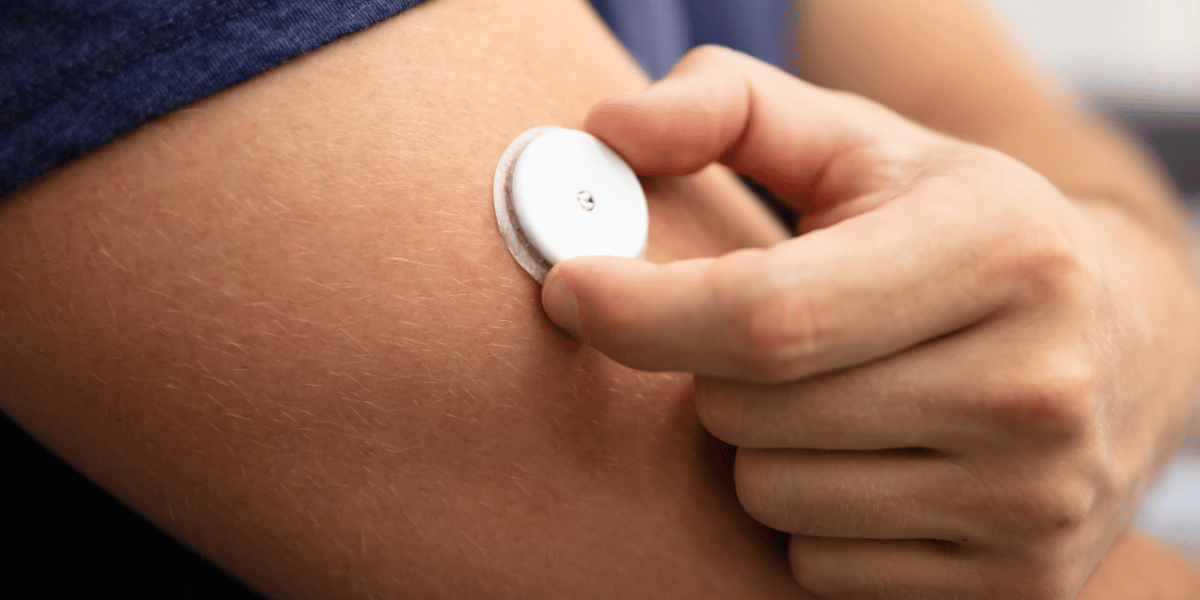What It Takes to Become A Stark Naked Competitor
Any goal you set should be accompanied by a detailed plan on how to accomplish it. However, in order to create a plan, you have to know your...
.png?width=70&height=70&name=Stark_LogoMark%20(1).png)

Let’s get the obvious out of the way first – this article is directed at the person who feels they are doing everything right but just can't seem to lose excess body fat. If you are just getting started on your fat loss journey and are beginning to implement moving more and eating less, stop reading here and focus on building those foundational habits first!
Now, if you're still reading, you are probably that person who tracks every bite of food you put into your body, strength trains regularly, hits your daily step goal, cut out sugar and alcohol, and STILL struggle to see a change in body composition! Well then you have come to the right place, Stark is here to help! Here are the 3 most common reasons we see people struggle to lose fat, no matter how much effort they put in:
Food is not what it used to be. Many foods that have become staples of the American diet in the last 50 years can cause inflammation, especially with the increase in GMO and mass produced food products. Inflammation leads to water retention, and water is heavy. Keep in mind that water is not your enemy here, inflammation is.
One of the easiest ways to check this is a food sensitivity test, which identifies foods you are sensitive to that could be causing inflammation. Once these triggers are known, you can then proceed with an elimination diet where you remove these inflammatory foods from your diet, and often times people will physically feel the difference. If you want to get started right away without waiting for your personalized results, gluten, dairy, and eggs are the 3 most common culprits.
According to the American Society for Microbiology, a living human body is home to 10 times more bacterial cells than human cells. Some of these bacteria are more beneficial to our health than others are, so it is important to make sure we have the proper ratios of healthy bacteria.
Poor gut health can significantly contribute to weight gain through various mechanisms. The gut microbiome, which consists of trillions of bacteria and microorganisms, plays a crucial role in digestion, metabolism, and nutrient absorption. When the balance of these microbes is disrupted, often due to an unhealthy diet, stress, or antibiotics, it can lead to insulin resistance and inflammation (yes, this again!).
This imbalance can impair the body's ability to regulate hunger cues and fat storage, leading to increased appetite and weight gain. Moreover, a poorly functioning gut can hinder the absorption of essential nutrients, resulting in cravings for unhealthy foods and overeating. Thus, maintaining gut health is vital not only for digestive well-being but also for effective weight management.
If you want to get a full rundown of who’s living in your gut and whether they are playing well with others, then it may be time for a stool test. Consult your doctor about this to get started.
This is a huge can of worms, but we will try to keep it short. Toxins are everywhere. Consider this: babies are born into the world with as many as 300 industrial chemicals already in their bodies. How many do you think you haves nd can you guess where these chemicals get stored? That's right, in your fat tissue. Once the toxins are in fat, your body does all it can to keep toxins in the fat, because if released, those toxins may damage vital organs such as your brain, heart, kidneys and liver. How do you expect to lose fat if your body is doing all it can to retain fat?
There are some to determine your toxicity levels of certain chemicals and heavy metals, but the best place to start is by limiting your exposure when possible. Avoiding unnecessary plastics (especially when it comes to food) and opting for metal or glass instead when possible is a great first step. This includes eating or drinking out, like drinking hot coffee out of a plastic lid, as this is one of the biggest sources of BPA, a component of plastic where exposure is known to disrupt the endocrine system.
Sources
Lewis et al. Eliminating immunologically-reactive foods fom the diet and its effect on body composition and quality of life in overweight persons. J ObesWeig los Ther 2012:2(1)
http://www.sciencedaily.com/releases/2008/06/080603085914.htm

Any goal you set should be accompanied by a detailed plan on how to accomplish it. However, in order to create a plan, you have to know your...

So, you’ve had a few drinks over the weekend and now you’re wondering if it has any effect on your metabolism. You know that alcohol is filled with...

Continuous Glucose Monitors (CGMs) have revolutionized the way we monitor and manage blood glucose levels. These devices, placed onto the skin,...